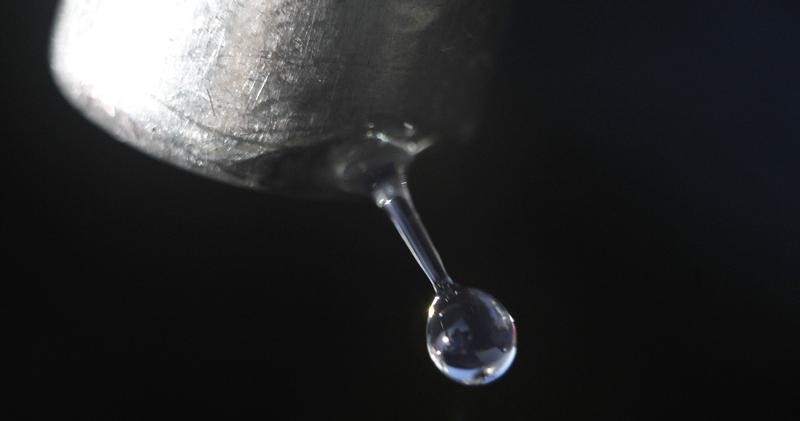A coordinnated pact to cut nearly 1.8 million barrels-per-day (bpd) from global output is working fine and they expect supply and demand to come into better balance, supporting prices, OPEC and non-OPEC members of the deal said at the weekend in Vienna.
"The deal is a success ...All the countries are sticking to the deal ...(the) results are above expectations," Russian Energy Minister Alexander Novak told reporters after the first meeting of a committee set up to monitor the deal.
OPEC members Nigeria and Libya, both suffering setbacks in production, were given exemptions mfrom the OPEC leg of the cuts with Saudi Arabia bearing the lion's share for the cartel.
"The Kingdom [of Saudi Arabia] has taken the initiative and other countries took part in very significant actions," Saudi Energy Minister Khalid al-Falih told reporters following the meeting.
"Despite demand usually being lower in the first quarter in winter, the actions taken by the Kingdom and many other countries has impacted the market in a tangible way and we have seen the impact in spot prices."
On the New York Mercantile Exchange, crude oil for delivery in March jumped $1.10, or around 2.1%, to end at $53.22 a barrel by close of trade. On the Intercontinental Exchange in London, Brent oil for March delivery rallied $1.33, or about 2.5%, to settle at $55.45 a barrel by close of trade Friday.
Full compliance could take global oil inventories back close to their five-year average by mid-2017, lowering oil in storage by around 300 million barrels, Falih said.
The next meeting for the pact, which runs through the first half of 2017, is on Feb. 17 in Saudi Arabia, with a meeting scheduled each month afterwards on the same day among the monitoring committee.
